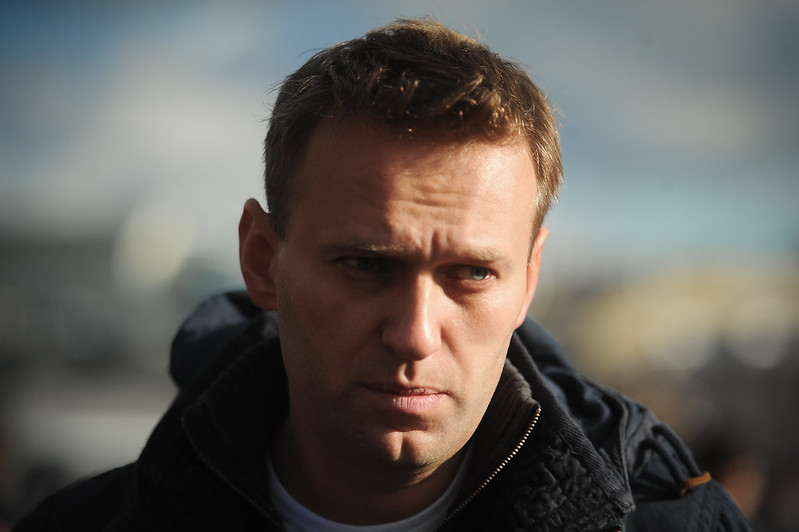Newly blacklisted entities include the penal colonies where Navalny was held for 18 months until his death, which occurred under suspicious circumstances.
“Alexei Navalny’s slow killing by the Kremlin regime is a stark reminder of its utter disregard for human life,” said Josep Borrell, EU High Representative for Foreign Affairs and Security Policy. “Today’s sanctions demonstrate our determination to hold Russia’s political leadership and authorities to account for the continuing violation of the human rights in Russia.”
Both the IK-6 and IK-3 maximum security colonies, where the Russian political activist was held, are renowed for “exerting physical and psychological pressure, full isolation, torture and violence on prisoners,” the statement of the Councel of the EU said. During his prolonged incarceration, Navalny was subjected to prolonged periods of solitary confinement, as well as inhuman and degrading treatment, it explained.
Vadim Kalinin, IK-3’s warden was also sanctioned, alongside several of his deputy heads.
The EU's Global Human Rights Sanctions Regime further targeted members of Russia’s judiciary branch, including Andrey Suvorov who levied a sentence of 19 years against Putin’s political rival. The move was globally interpreted as a sham sentence that erased any possibility of an opposition figure rising to challenge Putin’s iron rule over the country.
Still, the EU has not relinquished hope that the authoritarian leader’s culture of personality can be undone.
“We know that Putin is not Russia, and Russia is not Putin. We will continue supporting Russia’s civil society and independent voices,” Borrell said.
Additional sanctions levied by the EU include senior Russian penitentiary system and Ministry of Justice officials, who are said to have repressed other political opponents persecuted by the Kremlin.
They are now subject to having all of their EU-based assets frozen, as well as a travel ban across the Union’s member states.

